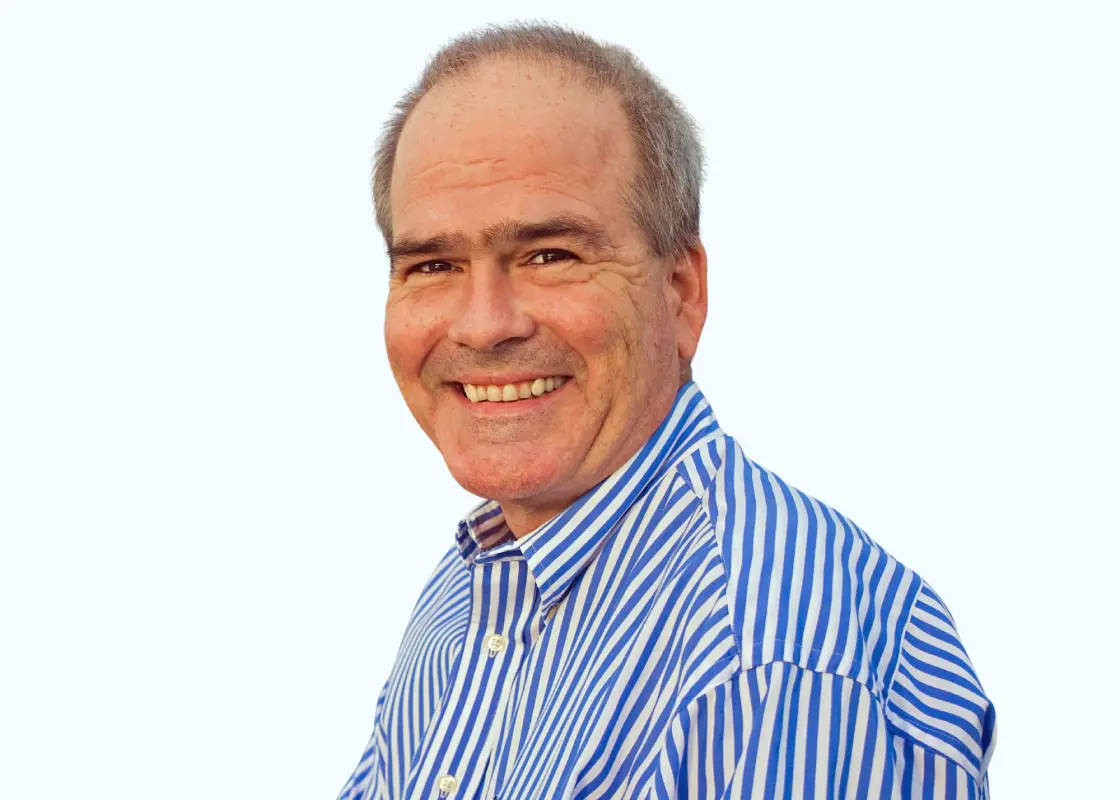How Recent Florida Worker Compensation Changes Will Impact Your Operations
Making hotel insurance simple, and saving you money in the process.
You may be aware of this recent judgment, maybe not. Either way, you definitely should be, because it has ramifications for every hotelier (and any other business owner) across the country. Even though Florida is often quite idiosyncratic in its lawmaking, this recent change has big legs, and there’s no doubt that some iteration of it will roll out nationwide.
First – credit where credit is due – I’d like to point out an article on the matter so you can educate yourself on what has transpired. Read it here: http://www.claimsjournal.com/news/southeast/2016/06/09/271475.htm
The short story is that benefits to injured workers will be compensable going back in time for as long as five years. Seeing as how this was mandated by the Florida Supreme Court, your own state will likely react sometime soon. As a hospitality employer, you won’t appreciate the end result. Claims that you had closed with your insurance carrier can now be reopened, leaving you vulnerable. Yes, these will be absorbed by the prior insurance company, but they will eventually cost you more money!
If you have a claim for an injured worker from three years ago that was settled, the employee was paid for lost time and you thought it was done and over. But now they can re-open the claim and ask for more back wages.
How does that work? Claims paid under workers’ compensation trail with you over time. In the insurance industry, we call this an experience modifier – it is a multiplier placed on your overall premium due. Under 1.00 is good, 1.00 is average and above 1.00 is not good. The formula is complex but your insurance advisor should be promulgating this factor every year to make sure it is accurate.
As a senior manager, you should know what your experience modifier is – yes, if asked, you should be able to say, “We have a 0.82 or a 1.71.” Whatever it is, you should know it and be able to explain it!
If your premium is, for instance, $100 based on payroll by class code, eventually this number is multiplied by the experience modifier. If you are under 1.00, you pay less; if you are over, you pay more. But with this new law, we now have to go back and retroactively adjust our numbers based on what we think will be paid out. If you operate within the Sunshine State, I can conclusively say that your premium is going to increase.
The entities that do this promulgation (NCCI and other state rating entities) calculate the final number from data received by the insurance companies without questioning the accuracy. It happens six months prior to the new policy being issued and it goes back many years. So if a claim that was closed is now reopened with more expected to be paid, the calculation changes the total incurred in the equation.
As an example, if a worker was paid $10,000 to handle medical expenses, that is a done deal. The indemnity portion is the future payments of lost wages to the employee injured on the job site. This number is very hard to quantify, though. Does the employee want to return to work or stay home? Will they do a lesser job to maintain the dignity of working while injured? Do you offer a return to work policy? Do you have a safety program or a drug-free workplace that the injured employee possibly violated? The motivation of the employer and the employee to get back to work is mixed with the severity of the injury.
To conclude, every case is different, and so are the statutes for each state. While you are likely too busy to peruse every insurance-related headline that flies through your daily newsfeed, just know that what has just happened in Florida will likely be adopted by other states. As hotels are sizeable labor employers, I wouldn’t say this is cause for alarm, but definitely something to have a conversation with your insurance agent at some point soon to assess how well you are covered.
(Article by Tom Cleary, published in Hotel Interactive on August 23, 2016)
About the author
Tom Cleary leads the Resort division of The Loomis Company, and is a consultant of Cayuga Hospitality Consultants. Tom specializes in risk management consulting and insurance for hospitality companies (hotels, resorts, clubs, timeshares, restaurants and related industries). His education and training have provided Tom tremendous expertise in evaluating and improving commercial insurance programs (property, liability, umbrella, workers compensation, employee benefits, etc.). Tom also serves as a Regional Director for The Cornell Society, a board member and longtime member of the Florida Restaurant and Lodging Association plus serves in an advisory capacity to the Resort Hotel Association and President of the Cornell Hotel Society Gold Coast Chapter.. Based out of Clearwater, Florida, Tom services the hospitality businesses across the United States and the Caribbean.
Contact Us




